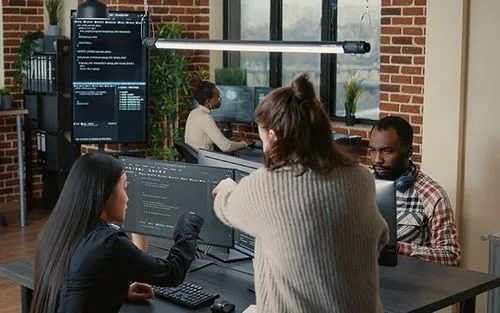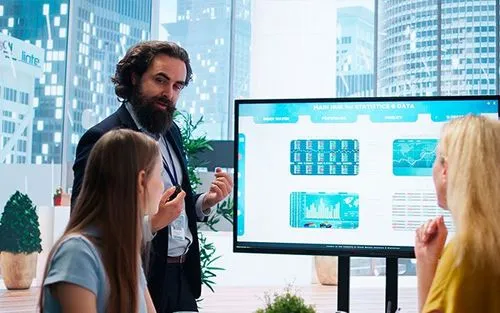I think it is a question that many of us ask ourselves, especially when you learn programming in a self-taught way or a Bootcamp, learn the basics of a particular language, you learn certain technologies, you get pigeonholed with a framework for a few years but then?
Even for a university student is a complex question, normally a curriculum gives you some guidelines and competencies to go to the market with several knowledge alternatives for easy adaptability of the project requirements, however, it is true that even if we specialize in any of them, we will always have gaps to fill when designing and developing software.
If you feel that you have reached that point, I can offer some recommendations, which have helped me to feel a more complete professional over time.
Stop programming for a while
improving pragmatism helps us to build better software, for that, improving the criteria from its bases and having points of view of experienced professionals in the industry will make us better professionals, for that, a list of recommended books can be:
- The pragmatic programmer
- Soft Skills: The Software Developer's Life Manual
- Confessions of an IT manager
- The mythical Man-Month
Improve in advanced areas
Get out of the tasks that we are assigned in the day to day during our sprints to learn new concepts that go beyond, software development is not only about building with code, also, as with any other discipline, but part of a design, and the knowledge to raise good architectures is also essential when scaling our level as a software engineer, some recommended areas of knowledge to investigate are:
- System design
- Testing
- Design patterns
- Documentation creation
Back to the human side and business
Software is not about computers, nor code, nor complex algorithms, nor zeros and ones, it is about people, software is built by people, to solve a particular real-world problem that affects or will make life easier for a group of people, it is bought and consumed by people, it is profitable for a group of people known as investors or product owners, in short, the human side is a very important factor, therefore, learning soft-skills such as:
- Leadership
- Business analysis
- Project management
are skills that will help us to reach high non-technical positions within any project or organization.
These were some recommendations, for when that code fatigue appears, how to avoid it, and keep improving and learning new things every day, the important thing is to never stop learning and feel satisfied with what you do, not tired.









